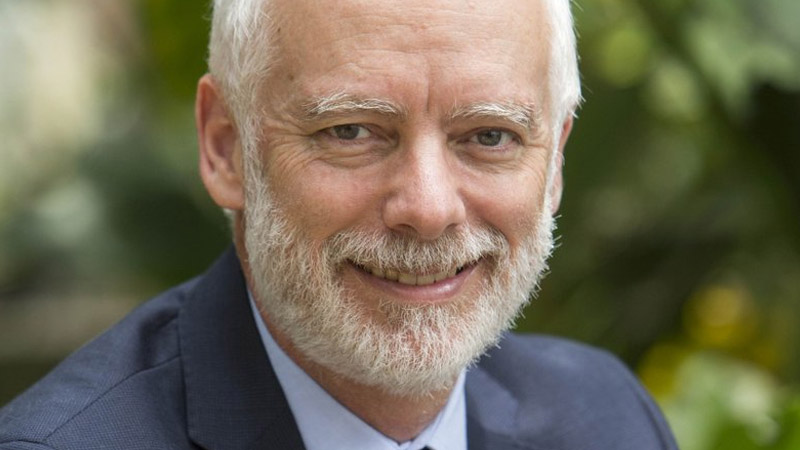AFA blasts annual renewal, FDS reforms
The Association of Financial Advisers has slammed the current drafted financial disclosure statement and annual renewal legislation that is due to be overlooked by Parliament in June, with the association’s general manager of policy and professionalism, Phil Anderson, pushing for the reforms to be overhauled and delayed.
Following the ban on grandfathered commissions that was legislated last year, there are more laws resulting from the royal commission recommendations that are set be consulted on and introduced to Parliament in June.
These changes include annual renewal, disclosure of lack of independence, reference checking, breach reporting and a ban on advice fees being paid from MySuper accounts. They are meant to take place from 1 July.
Mr Anderson called the whole list a “busy, hectic regulatory reform agenda”.
He slammed the annual renewal, saying that the measure as recommended by commissioner Kenneth Hayne after the royal commission has not been delivered.
“They have delivered a 15-month renewal outcome,” Mr Anderson said.
“And that is because you’ve got the 12-month period and then you’ve got 60 days to issue the FDS. And then the client’s got 30 days to sign the opt-in. That’s 15 months, and then it resets and the new period starts.”
The proposed legislation on renewals in particular would extend opt-in to all adviser service fee clients, not just post-FOFA clients from 1 July 2013, and shrink the time frame to yearly, on top of mandating authorisation is provided to product providers.
The AFA has estimated pre-FOFA clients make up two-thirds to 50 per cent of all clients receiving advice.
“You’ll have six months to get [pre-FOFA clients] to renew,” Mr Anderson said.
“That’s a huge challenge, particularly when you consider grandfathered commissions, passing the exam, completing your education requirements not to mention all the other challenges within your business at this point in time.”
Mr Anderson called FDS formation an already “fundamentally flawed process”, adding the changes would see advisers having to estimate and report all services to be provided and the fees that would be charged in the next 12 months.
If advisers have an asset-based fee arrangement, they’ll have to estimate what the fees are going to be and detail in the FDS statement how they have worked out that estimate.
“We think the FDS should be repealed. The information is already included in the product statement,” Mr Anderson said.
“There is no greater consumer benefit in this and it will be replaced by the fees for the next 12 months. If you disconnect FDS’ from opt-in, then all of a sudden you can take a much more sensible approach to opt in.
“We’re saying the client should be able to opt in anytime between the ninth month and the 15th month. Give them not a 30-day window of opportunity, but a six-month window of opportunity, and we continue to work off a fixed anniversary day.”
He added the association does not view an annual proof of consent for every product provided as necessary, rather pointing towards a three-year or five-year period.
Further, the association is pushing for commencement to be deferred, “whether it’s the first of January next year or the first of July”.
“You need much longer to deal with those pre-FOFA clients,” Mr Anderson said.
“There is no question if this was implemented as the current draft proposal; this would be a gold medal for red tape, and the outcome of that is it’ll drive up the cost of financial advice, impacting many clients who are currently not paying particularly high fees.”








